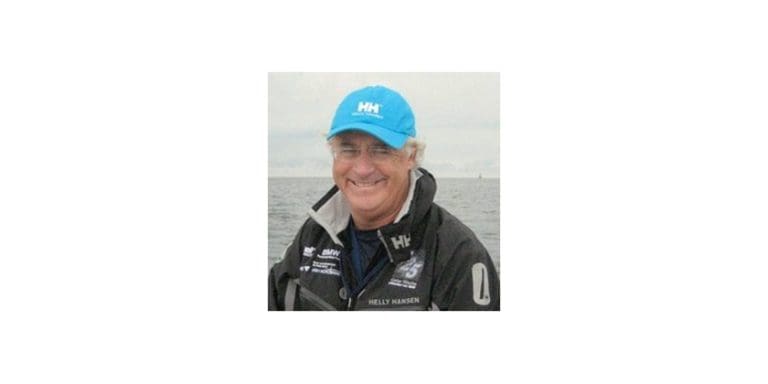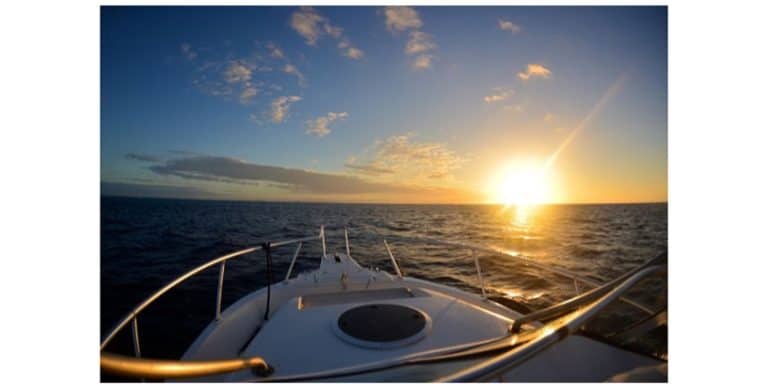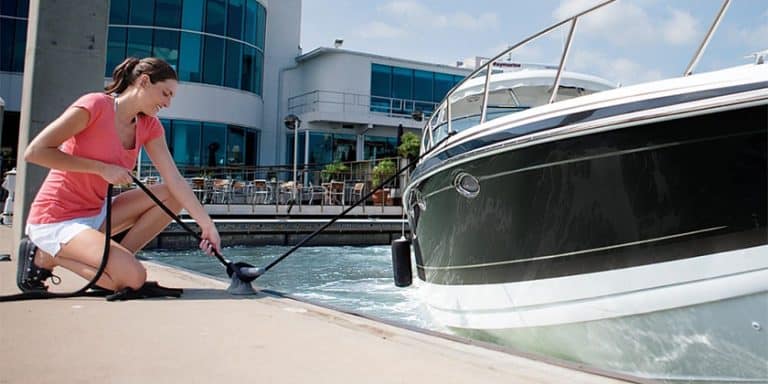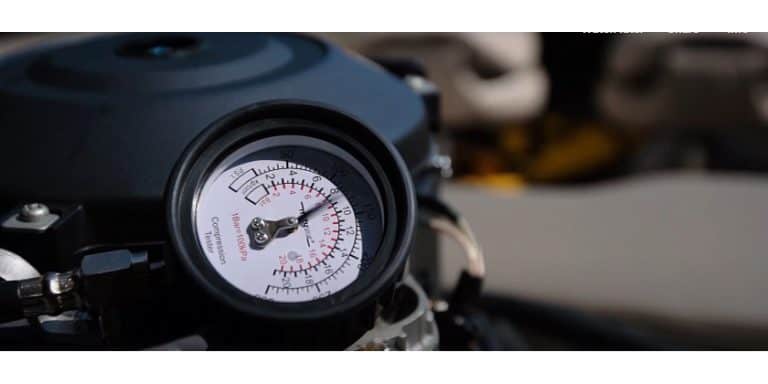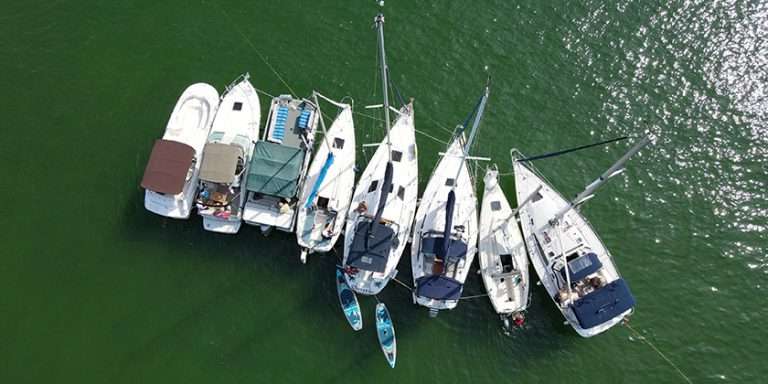Sharing Race Management skills
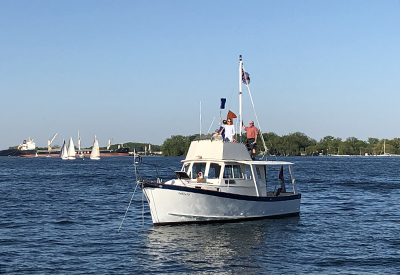
Sept 12, 2019
By Martha Henderson, OLY
“What you are doing” Dave Perry said to me after a spring rules seminar “is really hard!”.
I gulped since I never thought about how challenging moving from a paid staff Race Management structure to a volunteer program would be and said “Well, hard has never deterred me before. I will let you know how it goes.”
For the past 15 – 20 years, the Royal Canadian Yacht Club’s race management was primarily constructed with paid staff. This was done initially to give a group of development team and national team sailors a flexible job so they could train and earn money towards their campaigns. As that group moved on there was a gap in the number of sailors at this level and it became more and more difficult to fill all the skilled roles required for Race Committee.
During that 15-year period, I spent much of my sailing time away from my home club racing J/24s and the Yngling, ultimately competing in the 2008 Olympic Games. During this time, there was a race officer who I met along the way who was following this same journey from a race management perspective. In the mid 1990’s the Principle Race Officer at many of the J/24 events was the same race officer on the world cup circuit and our Race Officer for the Olympics. This is the legendary Peter “Luigi” Reggio.
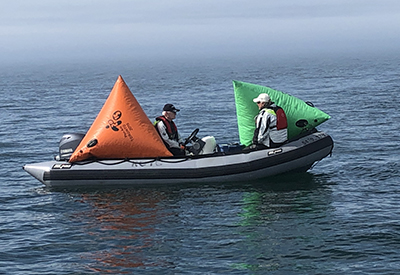 When I returned to the RCYC, I noticed that none of our members were aware that this was a path that was possible or even on their radar. To me this was a missed opportunity and something our club needed to embrace if it was going keep members actively engaged in sailing long term. Race Management also improves your skill as a racer. I have won more races by knowing the course / flags than by being smart!
When I returned to the RCYC, I noticed that none of our members were aware that this was a path that was possible or even on their radar. To me this was a missed opportunity and something our club needed to embrace if it was going keep members actively engaged in sailing long term. Race Management also improves your skill as a racer. I have won more races by knowing the course / flags than by being smart!
Like any sailboat race, you need to take the opportunities when they present themselves. In this case, our long time Director of Sailing retired, and we were left with the opportunity to get members re-engaged with the race management and our club re-engaged with the broader community. In order to do this, I knew we needed full support of the Club’s Board, the staff and a dedicated group of members.
The Board support for a volunteer-based race management program had been there in the past. It was a making it a priority to move it forward, get decisions made on who would lead the initiative and that we were all in to change the structure. This came in November 2018 thanks mostly to my J/24 crew and active IRC racer, Melissa Clark, giving us six months to totally overhaul this system.
In December, I reached out to a long-time friend, Anne Sanderson, an experienced Race Officer from Port Credit Yacht Club. She shared with me all the processes and documents, timelines and best practices that she used. This was invaluable.
I shared with her our regatta schedule. Shock and awe was the response because of the sheer volume of events we had this summer. The 5-month schedule consisted of 17 weekends, 22 regattas and 3 mid-week race nights. This did not include three graded match racing events and commitments to help other clubs with their regattas.
Through the winter, our club staff had already started planning seminars for race officer certifications as well as other courses in February and March. Our job was to promote them like crazy and start some buzz going. A subcommittee of 10 members who had expressed interest in race management or who were constructively critical of the current state of affairs, were engaged. I pulled videos off YouTube on race management to share with anyone who would listen. The RCYC bar was a great source of willing volunteers!
Melissa, Anne and I met with every fleet, held information sessions and presented at every club meeting throughout the winter. At one meeting we were asked “How many people do you think you need?” Again, I gulped because I had not put a number to the project. In my mind, it was just a matter of getting as many people engaged as possible. My response was a combination of fear and panic, with a laugh “I’ll let you know at the end of the summer.”
Having an efficient way to communicate with members and garner their availability and commitment was something we identified as a challenge. We implemented a program called “Team Snap” which is used for children’s sports teams. Through this program members could indicate availability for Tuesday, Thursday or weekends and receive automatic reminders and messages about the events.
We opened the program up to everyone. It did not matter if they could come for one day or every weekend, if they had experience or not, sailor or non-sailor, all were welcome. We knew we could mix experienced people with novices and as long as everyone felt a part of the team and had a good time, we would succeed.
The club hired a core staff of four part time students which we complimented with 60 members of all ages and abilities. They did everything from on water to on shore roles. Youth, Active racers, new members to our lawn bowlers are now participating.
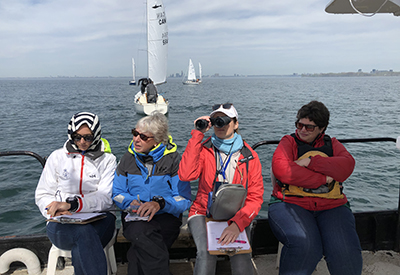 Our biggest gap was in the experience in the Principal Race Officer role. This is where the greater community came into play. Over the summer, 10 Club, Regional and International Race Officers from neighboring clubs volunteered their time to run our regattas. IRO’s David Sprague, Peter van Muyden and Irene McNeil led the charge with their enthusiasm and support for our events. They inspired us with their professionalism and ability to have fun at the same time. Great friendships and community bonds have been made.
Our biggest gap was in the experience in the Principal Race Officer role. This is where the greater community came into play. Over the summer, 10 Club, Regional and International Race Officers from neighboring clubs volunteered their time to run our regattas. IRO’s David Sprague, Peter van Muyden and Irene McNeil led the charge with their enthusiasm and support for our events. They inspired us with their professionalism and ability to have fun at the same time. Great friendships and community bonds have been made.
In the end, we had 60 member volunteers participating throughout the summer in addition to the teams from other clubs for a total of over 80 people. Our success had some key people who deserve recognition. These people were not in place when we started – they joined in along the way. Anne Sanderson, Andrew Morgan, Mary Baetz and Robin Wilson who signed on to be our Mid-Week Race Officers, Derek Fisher who taught himself the scoring programs, Bill McNaughton who participated on almost every weekend event and Thursday night, and our current Commodore, Jamie Keating and Rear Commodore Andre Colenbrander for being our biggest advocates.
This has been an exhausting and energizing experience all at the same time. Yes, it has been hard but the benefits to our membership, our sailing program, increase in participation both on and off the water and the community was well worth the effort.

